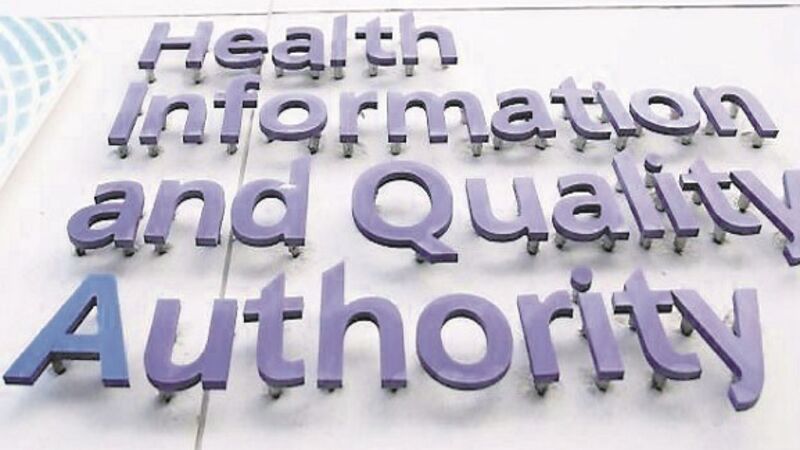Staffing deficits just one area of concern threatening maternity services, HIQA finds

The state health watchdog has warned that the HSE needs to develop a "comprehensive, time-bound and fully-costed" plan to implement the National Maternity Strategy.
The HSE has made "limited progress" implementing the strategy, which was agreed by government in 2016, according to the Health Information and Quality Authority (HIQA).













